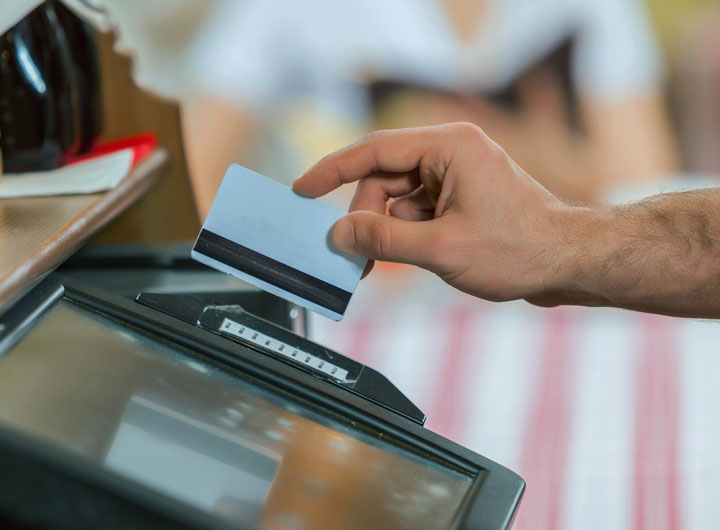Most consumers are familiar with scams and spam that arrive by email, but text messages are the latest conduit for scam artists attempting to take advantage of consumers.
How does this happen?
Mobile number databases, like just about anything else, can be purchased over the Internet. Other text spammers simply mass-message random numbers, targeting certain prefixes typically used for mobile phones. The problem is worse than merely the annoying spam texts. Arkansas consumers have reported finding unauthorized charges on their cell phone bills. These charges have been traced to spam texts, but the source of those texts is difficult to determine once the text has been deleted.
Tips:
- To avoid or reduce the frequency of SMS spam, distribute your phone number sparingly and register it on the national Do Not Call List.
- Check the privacy policy of websites when you are asked to submit your wireless phone number to see if the company allows your information to be sold or shared.
- Do not reply to unsolicited text messages and do not click on the links in the message. If you are an AT&T, T-Mobile, Verizon, or Sprint subscriber, you can report spam texts to your carrier by copying the original message and forwarding it to the number 7726 (SPAM), free of charge.
- If you find unauthorized charges on your cell phone bill, report those to your cell phone provider and ask that the charges be removed.
- If you get a suspicious text and wish to trace the source, you can email the text message to yourself, thereby preserving the message and possibly the name of the sending entity.
- Check with your wireless carrier to see if they have options available to reduce SMS spam, such as blocking all text messages that originate from a computer or the internet. Texts sent by the internet, as opposed to direct-dialed texts, are those most likely to be scams.
- Read more from the FTC.




